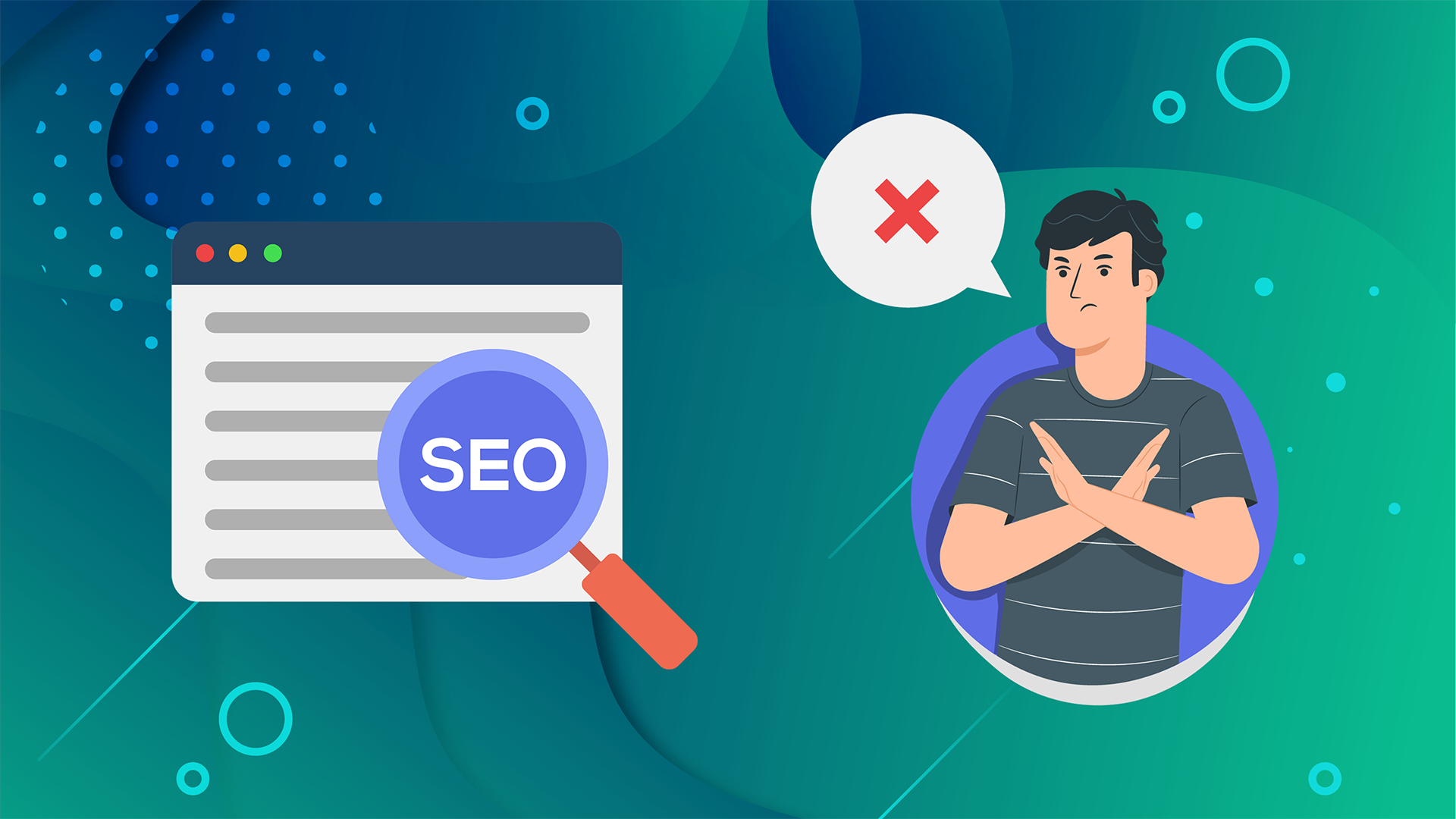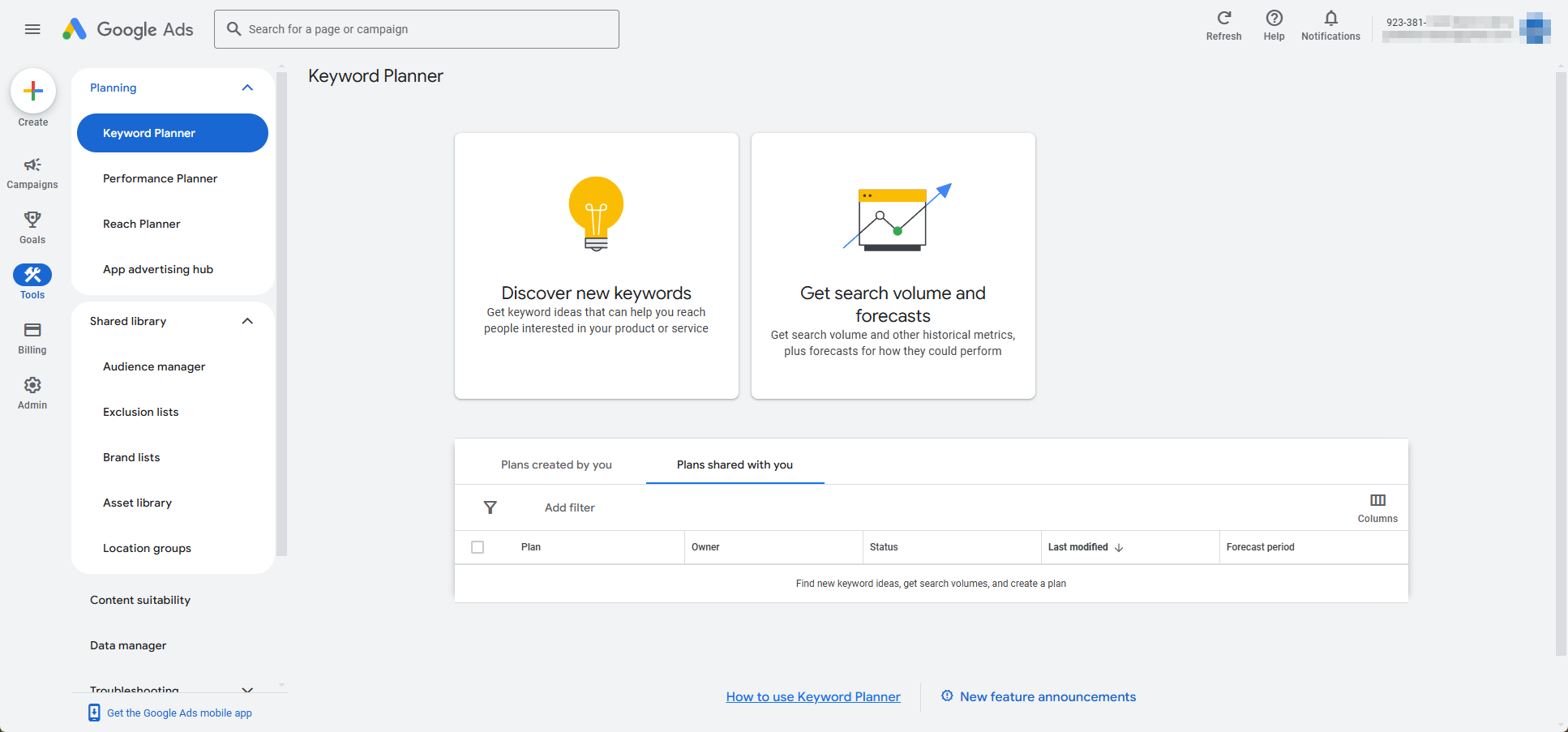SEO beginners mistakes and how to avoid them

The essence of website optimization
SEO (Search Engine Optimization) plays a key role in promoting your website and attracting visitors. To achieve successful promotion, it is important to learn the main principles of optimization and take into account numerous nuances that can significantly impact the results. In this article, we will look at 10 most common mistakes made by beginners in SEO and suggest ways to avoid them.
Why should you avoid mistakes?
Small mistakes, such as incorrect headings or duplicate content, may not have a significant impact on a single page. However, if such mistakes are present on many pages of the site, they can lead to a significant decrease in overall visibility.
For new sites, even small mistakes can be fatal. The reason for this is the fact that the ranking of new sites is slower than that of old resources.
So, any mistake can delay the time it takes to improve your rankings. Using this information, you will be able to identify and correct all significant mistakes on your website. This will allow you to improve its visibility, attract more visitors, and increase sales or conversions.
TOP 10 most common SEO mistakes
By knowing and avoiding these mistakes, you can increase your website's rankings, attract more visitors, and improve conversions. In this section, we'll look at the most common mistakes that make websites less competitive in search results.
Mistake 1: Ignoring keyword research
One of the most important tasks in SEO is to choose relevant keywords for your content. The right keyword allows your website to be visible when people search for information on a specific topic.
Keywords play a crucial role in determining the target audience of your website. They help you understand which queries are most often used by users to find information on your topic. Unfortunately, many beginners ignore this stage and start publishing content without first analyzing keywords.
It is important to use specialized tools, such as Google Keyword Planner or Ahrefs. These tools will help you get information about the frequency of queries, competition, and other important parameters, which will allow you to choose relevant keywords for your site.

Mistake 2: Lack of optimization of titles and meta descriptions
The H1 heading and metadata (meta tags) are an important part of the page structure. They help search engines understand what your site or article is about.
Meta tags allow you to reveal the content and purpose of each page to users. The meta description should be unique, informative, and attractive to make users want to click on your site.
Try to make meta descriptions unique for each page. Use keywords in a natural way to provide a connection between the page content and user requests.
Mistake 3: Low website loading speed
Loading speed affects website rankings and user satisfaction. If the site loads slowly, visitors can quickly leave it, which will lead to an increase in bounce rate.
Google takes into account the loading time of a website when ranking it. The faster a website loads, the higher its chances of getting to the top of the search results.
There are several ways to increase website loading speed without much effort. For example, compressing images and using caching can significantly improve your site's performance. You should also use a tool like Google PageSpeed Insights to analyze the current state of your site.
Mistake 4: Incorrect use of headings H1-H6
Headings help search engines understand the structure of a page. Using headings in the correct order (H1, H2, H3, etc.) helps to organize content better and improve its perception.
The correct structure of the page helps search robots to understand the topic of the site and its content. This is important for search rankings and user engagement.
Start building your content with the main heading (H1), which should be unique and describe the topic of the page. Supplement it with subheadings (H2, H3) for a more detailed definition of the content by search engines.
Mistake 5: Overusing keywords
Overspamming is the use of an excessive number of keywords in the text. This approach can negatively affect the ranking of a website, as search engines recognize it as an attempt to deceive the system.
Spamming can lead to your content being considered low-quality. In addition, users can quickly leave the site because of unpleasant text without a natural tone.
But how do you balance optimization with the naturalness of the text? Build content in a way that is useful to the user. Insert keywords naturally into the text, but don't forget that the quality of the information is the most important thing.
Mistake 6: Neglecting internal links
Internal links play an important role in the structure of a website. They help users navigate through pages easily and make it easier for search engines to understand the site's subject matter.
Internal links help distribute the weight of a website's link profile and improve its indexing and ranking. They allow users to find the information they need on the site faster.
Try to create natural internal links in the text that do not disrupt the structure and readability of the content. Use relative links for convenience.
Mistake 7: Ignoring mobile optimization
Today, many users use mobile devices to search for information on the Internet. Responsive design allows users to comfortably browse the site from any device and helps to improve the site's ranking. Google is actively implementing mobile optimization in its ranking system.
If your website is not adapted for mobile devices, it can significantly reduce its visibility in search.
But how do you check how mobile-friendly your site is? Use the already mentioned PageSpeed Insights tool to analyze your website. This tool will help you identify problems with responsiveness and loading speed.
Mistake 8: Duplicate content
Duplicate content can negatively affect the ranking of a website, as search engines recognize it as an attempt to cheat. In addition, duplicate content will not be taken into account when ranking.
Duplicate content is the same or very similar text on several pages of a website. This can lead to a decrease in trust from users and search engines.
To avoid duplication, use canonical tags to indicate the main version of the content if it is presented on multiple pages. You can also apply different URL parameters or use redirects to prevent duplicate content.
Mistake 9: Lack of quality content
High-quality content is the key to successful website promotion. If your website does not offer useful and unique information to users, it may lose its significance in the eyes of visitors.
Unique and high-quality content attracts the target audience and helps to keep them on the site. It also helps to improve website rankings in the search engines.
When creating content, try to focus on the needs of your target audience. Research the topic, use keywords naturally, and add visual elements to improve the perception of information.
Mistake 10: Incorrect work with external links
Link profile is an important factor in website ranking. However, many beginners make the mistake of buying external links or using low-quality resources.
Purchasing links from low-quality donors can lead to negative consequences for website rankings.
Search engines can recognize such manipulations as an attempt to deceive and apply sanctions.
Build your link profile naturally by publishing quality content and actively participating in communities. It is important to establish relationships with sites that have relevant topics.
Conclusion
In this article, we've reviewed 10 major SEO mistakes that beginners should avoid when working with their websites. Studying these aspects will help you improve your website's position and attract more users.
Remember: the key to successful promotion is high-quality content, proper optimization, and natural external links. Also, don't forget to monitor the mobile version of your website and its loading speed.
I wish you to always be in the TOP 1 of search results!
Comments: 0
Only logged in users can comment